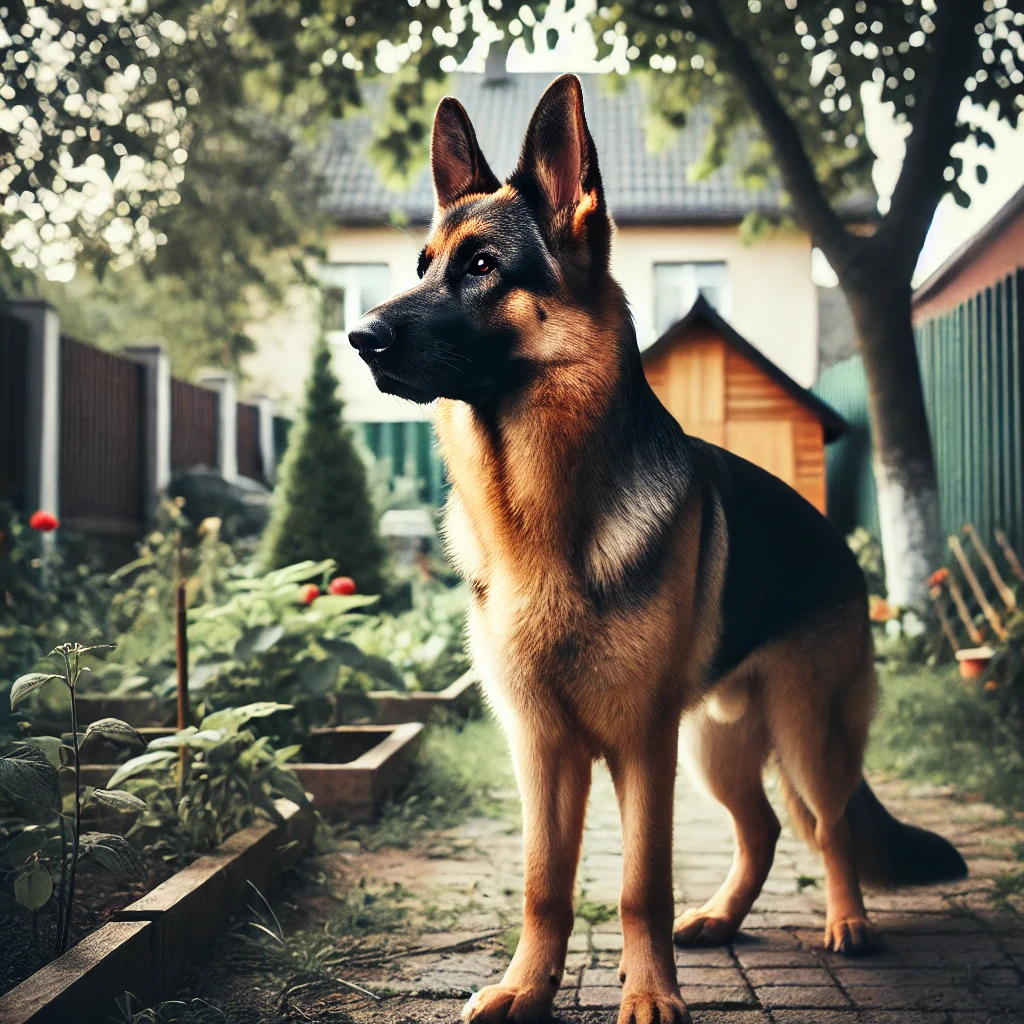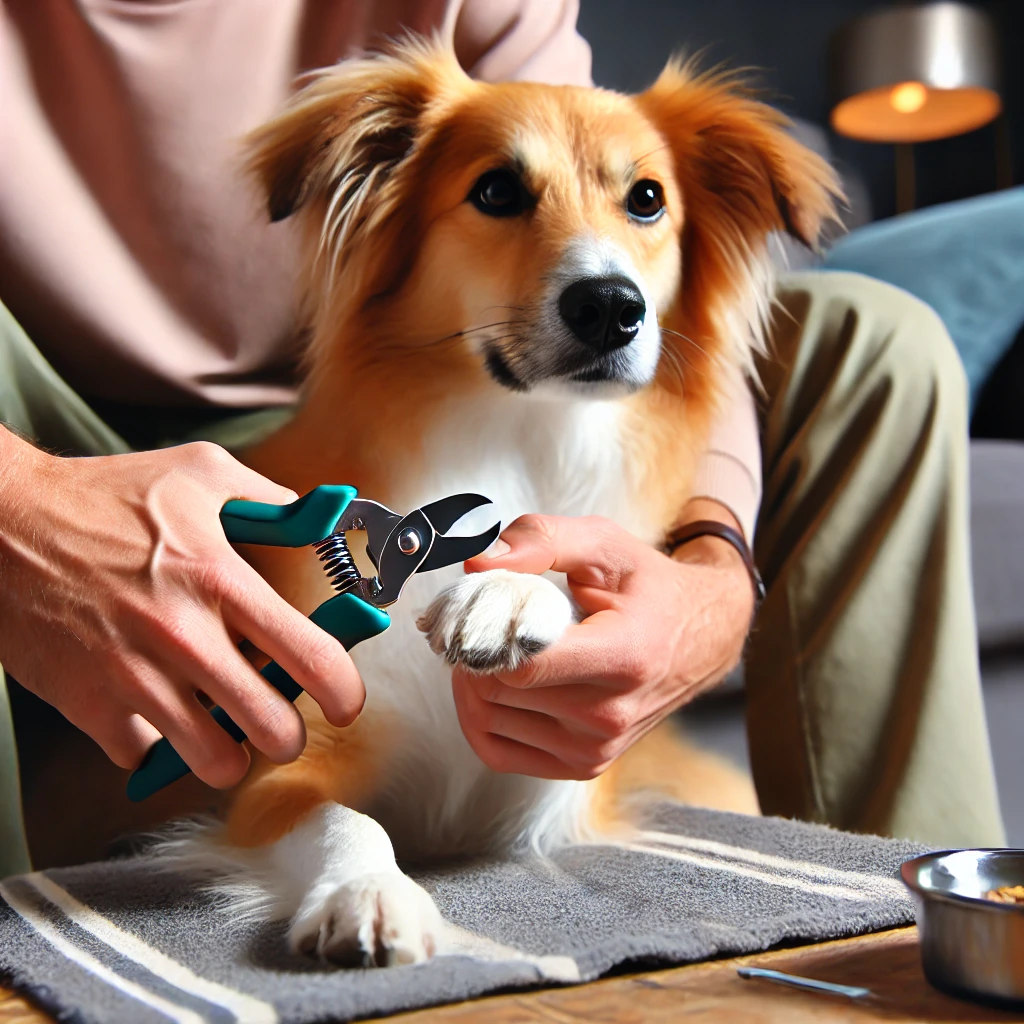The Ultimate Guide to Choosing the Right Dog Breed for Your Family
Introduction:
Choosing the right dog breed for your family is a decision that carries long-term consequences. The perfect breed will blend seamlessly into your lifestyle, bringing joy, companionship, and fulfillment. On the other hand, a mismatch can lead to challenges and frustration. This comprehensive guide will walk you through the key considerations in selecting the right dog breed for your family.

Understanding Your Family’s Needs:
- Activity Level: Different dog breeds have varying energy levels. For example, a highly active family might enjoy the companionship of a Labrador Retriever, which needs plenty of exercise. On the other hand, a less active family might prefer a Basset Hound, which enjoys a more leisurely pace.
- Space Considerations: The size of your living space plays a significant role in choosing a breed. For instance, larger breeds like German Shepherds or Golden Retrievers thrive in homes with ample space, while smaller breeds like Pomeranians or Dachshunds are better suited to apartment living.
- Allergies: If anyone in your household has allergies, hypoallergenic breeds such as Poodles or Schnauzers might be a better fit. These breeds are known to produce fewer allergens.
- Children and Other Pets: If you have young children or other pets, you’ll want a breed known for being gentle and sociable. Breeds like the Golden Retriever, Beagle, or Cavalier King Charles Spaniel are typically great with kids and other animals.


Dog Breeds by Activity Level:
- Low Energy Breeds: Breeds such as Bulldogs, Shih Tzus, and Basset Hounds are perfect for families who prefer leisurely walks and relaxed playtime.
- Moderate Energy Breeds: Golden Retrievers, Beagles, and Cocker Spaniels enjoy regular walks and play but aren’t as demanding as high-energy breeds.
- High Energy Breeds: Border Collies, Australian Shepherds, and Jack Russell Terriers need plenty of exercise, mental stimulation, and outdoor activities to stay happy and healthy.
Size Matters:
- Small Breeds: If you live in a small apartment, consider breeds like Chihuahuas, Yorkies, or French Bulldogs. These breeds are compact and generally require less space to be comfortable.
- Medium Breeds: Breeds such as Cocker Spaniels, Whippets, and Bulldogs fall into the medium size category and can adapt well to both apartments and houses with a yard.
- Large Breeds: For those with more space, larger breeds like Labradors, German Shepherds, and Great Danes can make wonderful companions, provided they have enough room to move around.
Temperament and Personality:
- Affectionate and Family-Oriented: Breeds like the Labrador Retriever, Golden Retriever, and Cavalier King Charles Spaniel are known for their friendly and loving nature, making them excellent family pets.
- Independent Breeds: Some breeds, such as the Shiba Inu and Afghan Hound, are more independent and may not require as much attention or constant companionship.
- Protective Breeds: If you’re looking for a dog that can offer protection as well as companionship, breeds like the Rottweiler, Doberman Pinscher, and German Shepherd are known for their protective instincts.
Grooming and Maintenance:
- Low Maintenance: Breeds like the Beagle and Dachshund require minimal grooming, making them easier to care for.
- Moderate Maintenance: Breeds such as the Golden Retriever and Cocker Spaniel need regular brushing and grooming to keep their coats healthy and free of mats.
- High Maintenance: Poodles, Shih Tzus, and Afghan Hounds require frequent grooming and care to maintain their appearance and prevent matting.
Health Considerations:
- Breeds with Fewer Health Issues: Australian Cattle Dogs and Border Collies are known for their robust health and long lifespans, making them low-risk options for families concerned about veterinary costs.
- Breeds Prone to Health Issues: Bulldogs, Pugs, and German Shepherds can be prone to specific genetic health problems, so it’s essential to be prepared for potential veterinary care if you choose these breeds.
Training and Socialization:
- Easily Trainable Breeds: Breeds like the Labrador Retriever, Border Collie, and Poodle are highly trainable and eager to please, making them ideal for families who want a well-behaved pet.
- Breeds That Require Patience: Some breeds, such as the Basenji and Afghan Hound, can be more challenging to train due to their independent and stubborn nature.
Final Decision-Making Tips:
- Research: Spend time researching each breed. Understand their needs, temperament, and whether they fit with your family.
- Meet the Breed: Before making a decision, try to meet the breed in person through breeders, shelters, or friends who own them.
- Consider Adoption: Many mixed-breed dogs are available for adoption and can offer the perfect combination of traits for your family.

Conclusion:
Choosing the right dog breed requires careful consideration of your family’s lifestyle, home environment, and individual preferences. By taking the time to understand different breeds and their specific needs, you can make an informed decision that will lead to a fulfilling and joyful relationship with your new canine companion.


